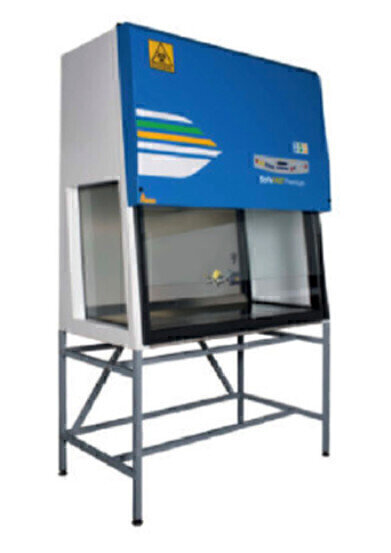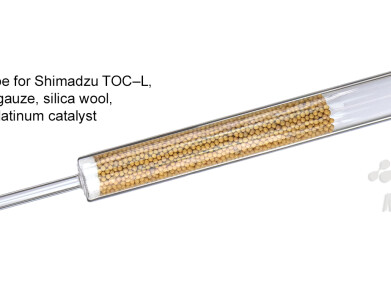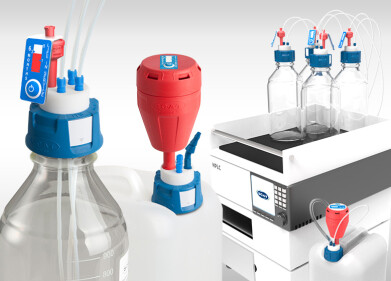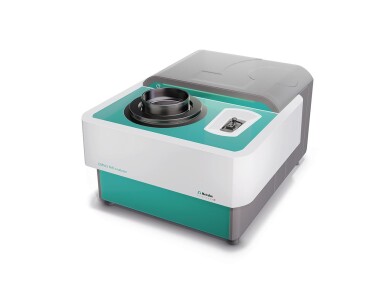Laboratory Products
Specifying Microbiological Class II Cabinets For Tissue Engineering
Oct 13 2020
Performance is critical in any Class II cabinet - especially in tissue engineering experiments. Contamination, safety for the cabinet operator and protection for tissue cells will always be the other important factors, but what else should be considered when specifying a class II cabinet?
True laminar airflow is essential. Ensuring all parts of the cabinet have a sterilised air current passing over them prevents bacteria from gathering. Air particles should flow in a smooth layer - otherwise you risk compromising protection for the user. Turbulent air risks carrying particles out of the cabinet and on to the end user.
Noise is at best an irritation. At worst it can lead to distractions, mistakes and a frustrated scientific workforce. Class II cabinets such as Faster Air’s SafeFAST Premium operate at just 42 dB. That is barely audible - slightly noisier than the average library (40 dB). SafeFAST cabinets are also the lowest energy models on the market: running costs and carbon emissions are just one-third of some competitors’.
Consistency matters when it comes to sash window opening. It must be the same height every time – your airflow certification depends on it. Electronically controlled sashes ensure that consistency. SafeFAST cabinets offer an added safety feature: closing the glass involves pressing two buttons. This means both hands must be outside the cabinet before it can be closed.
Ultraviolet germicidal irradiation (UVGI) is essential for disinfecting cabinets. But its effectiveness diminishes as the range increases. Choose UV lighting which can be moved inside for optimum disinfection. Specify a cabinet with an anti-bacterial coating for added protection.
Faster Air sells SafeFAST Class II microbiological safety cabinets through official UK distributor Biopharma Group.
More information online
Digital Edition
Lab Asia 31.2 April 2024
April 2024
In This Edition Chromatography Articles - Approaches to troubleshooting an SPE method for the analysis of oligonucleotides (pt i) - High-precision liquid flow processes demand full fluidic c...
View all digital editions
Events
Apr 22 2024 Marrakech, Morroco
Making Pharmaceuticals Exhibition & Conference
Apr 23 2024 Coventry, UK
Apr 23 2024 Kintex, South Korea
Apr 23 2024 Seoul, South Korea
Apr 24 2024 Jakarta, Indonesia













.jpg)




